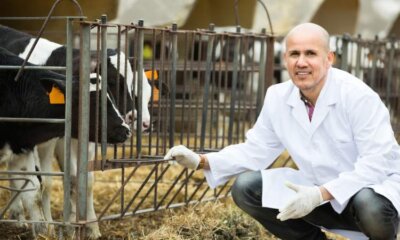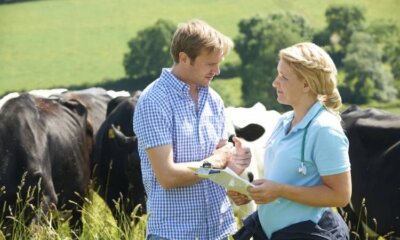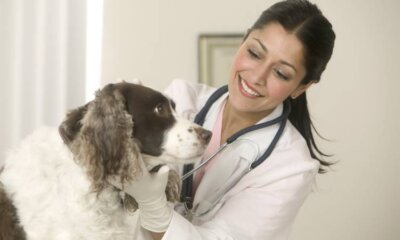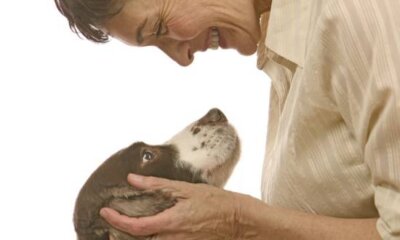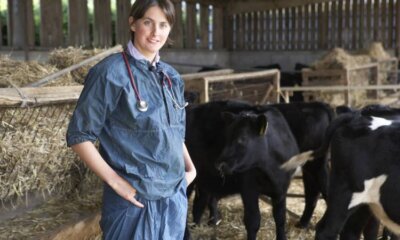Home > Veterinary news from industry experts
Veterinary news from industry experts
Cute and appealing they may look. But what are the consequences of keeping unsuitable pets when they become too much for a home to handle?
Perhaps the UK’s most notorious species invasion is the ferret-like North American mink.
Read More
Pet friendly tourism is on the increase as animals become more and more part of the family. According to MedicAnimal’s recent poll, 90% of dog owners took their pet with them on holiday; while a leading provider of camping and caravan holidays reported one in five of their holidaymakers brought their dogs along too.
Read More
Even before it had a name, Evidence-Based Veterinary Medicine was nothing new to vets looking for the best outcome for their patients and clients. EBVM is simply the formalisation of a vet’s everyday decision making.
Read More
As Britain looks toward a future separate from the borderless union of Europe, the question of whether or not the UK’s animals will be better off is still a hot topic of argument.
Historically, Britain was the first country to pass any form of animal welfare legislation.
Read More
High infrastructure and feed costs, combined with continuing low milk prices, mean dairy farmers are moving toward block calving to increase their productivity – but at what cost?
In block calving, all the cows in a herd have their calves over a block of just a few weeks.
Read More
Modern veterinary diagnostics, medicine and surgery guarantee your pet has the best chance of a full and speedy recovery from illness and injury. But there's still plenty that a careful owner can do to help.
Read More
Britain's vets look set for a boom in business as the UK pet population rises to more than 57 million.
From the traditional favourites of cats, dogs and budgies to newcomers - including reptiles, exotic fish and even spiders, companion animals are finding themselves ever more welcome in ever more British homes.
Read More
Undecided about staying in or voting out?
What advice would your dog, cat, ferret or budgie give, if you could ask them?
The biggest concern for pets who like to accompany their owners on trips abroad is what might happen to PETS - The European Pet Travel Scheme.
Read More
With the summer holiday season, the chance that young children will encounter dogs they’ve never met before is greater than ever.
Data from NHS Digital shows the group most likely to arrive at hospital A&E suffering from dog bites is children under the age of 9.
Read More
Collecting samples, preserving them and getting them back to the veterinary lab in prime condition is vital to accurate and reliable diagnosis. Fortunately, this crucial part of a field vet's work has never been so well resourced.
Read More




